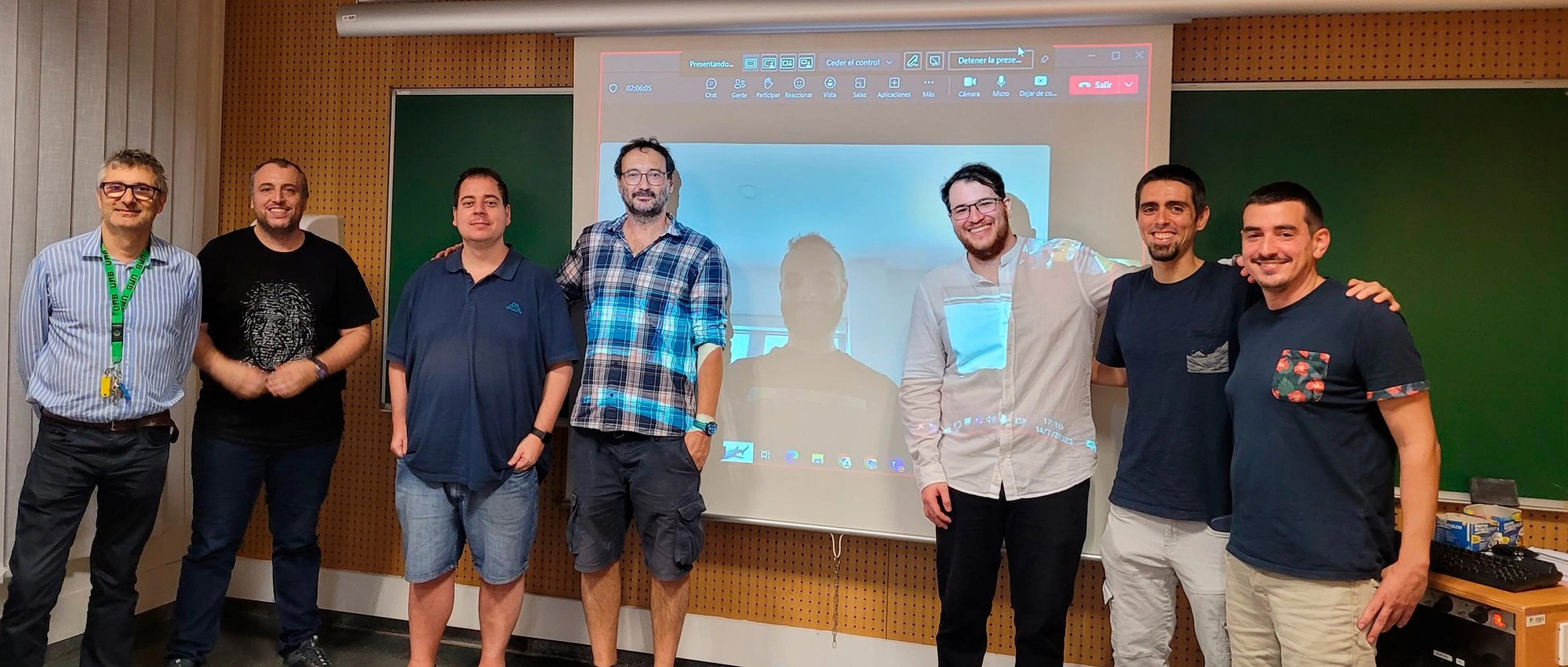
CVC has a new PhD on its record!
Pioneer Award 2023
Diego Velázquez successfully defended his dissertation on Computer Science on July 14, 2023, and he is now Doctor of Philosophy by the Universitat Autònoma de Barcelona. Dr. Velázquez was recognized with a Pioneer Award for the commercial orientation of his thesis by the CERCA Institute – Centres de Recerca de Catalunya – on December 20, 2023.
What is the thesis about?
This thesis embarks on an exploratory journey into robustness in deep learning, with a keen focus on the intertwining facets of generalization, explainability, and edge cases within the realm of computer vision. In deep learning, robustness epitomizes a model’s resilience and flexibility, grounded on its capacity to generalize across diverse data distributions, explain its predictions transparently, and navigate the intricacies of edge cases effectively. The challenges associated with robust generalization are multifaceted, encompassing the model’s performance on unseen data and its defense against out-of-distribution data and adversarial attacks. Bridging this gap, the potential of Embedding Propagation (EP) for improving out-of-distribution generalization is explored. EP is depicted as a powerful tool facilitating manifold smoothing, which in turn fortifies the model’s robustness against adversarial onslaughts and bolsters performance in few-shot and self-/semi-supervised learning scenarios. In the labyrinth of deep learning models, the path to robustness often intersects with explainability. As model complexity increases, so does the urgency to decipher their decision-making processes.
Acknowledging this, the thesis introduces a robust framework for evaluating and comparing various counterfactual explanation methods, echoing the imperative of explanation quality over quantity and spotlighting the intricacies of diversifying explanations. Simultaneously, the deep learning landscape is fraught with edge cases - anomalies in the form of small objects or rare instances in object detection tasks that defy the norm. Confronting this, the thesis presents an extension of the DETR (DEtection TRansformer) model to enhance small object detection. The devised DETR-FP, embedding the Feature Pyramid technique, demonstrating improvement in small objects detection accuracy, albeit facing challenges like high computational costs. With emergence of foundation models in mind, the thesis unveils EarthView, the largest scale remote sensing dataset to date, built for the self-supervised learning of a robust foundational model for remote sensing. Collectively, these studies contribute to the grand narrative of robustness in deep learning, weaving together the strands of generalization, explainability, and edge case performance. Through these methodological advancements and novel datasets, the thesis calls for continued exploration, innovation, and refinement to fortify the bastion of robust computer vision.
Keywords: computer vision, self-supervised learning, explainability.














